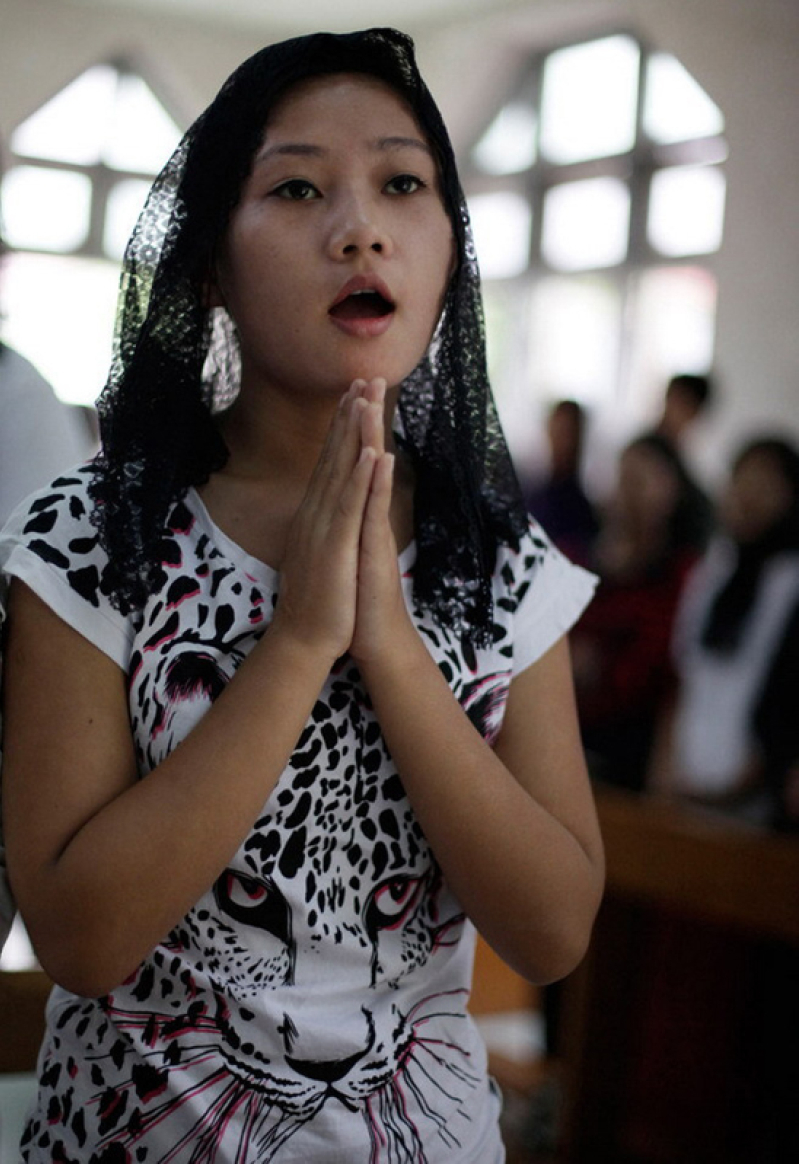
Kachin, a minority ethnic group in Burma, has been at war for seven years. Social facilities are damaged and schools were suspended causing students to lose education. In recent years, voluntary groups gradually established a few dozen refugee sites in the area and built churches, housings and schools.
Lumaf Dama Bima, founder and executive secretary of the World Indigenous Research Institute (WIRI), served refugees there seven years ago. He published an article in "Chinese Around the World" to analyze the education status of the Kachin people.
A Time of Crisis; Seminary Becomes Institution of Higher Learning
Lumaf, who is a native Taiwanese, pointed out that when a place loses the resources for a normal education system to function, it is possible to start the education based on the Bible.
He took Taiwan's indigenous people as an example. In the year when the government was unable to provide general education, the primary way for aboriginal people to receive higher education at a university was to enter the seminary.
The current situation of the Kachin ethnicity is similar. In schools, students receive language education. In addition to learning the Kachin language, they also learn Burmese, English and Chinese. In terms of English and Chinese, they mainly focus on developing daily conversation and communication skills.
Bible Class Becomes Core Course for Kachin People
Lumaf said that teaching of the Bible is another core course. At present, about 80 percent of the Kachin people are Christians. Students are in this course whether they are Christians or not. The Bible is taught in different levels.
For primary school, telling Bible stories is the main method. For secondary school and up, it begins to have a systematic way to read and explain the Bible. However, because of the teachers' experience and their understanding of the Bible, different classes have different levels of difficulties. However, the advantage of reading the Bible as an education method is to combine the teaching of the two languages, English and Chinese. Students are reading the Bible and learning the two languages at the same time. It becomes a double benefit.
As for the government's approval to include the Bible education as general education content, Lumaf thinks it is because 60 to 70% of teachers had received training as a Bible teacher or the teachers graduated from a seminary. This reflects that a large number of Kachin people received higher education in schools based on theological education because they did not have many opportunities to attend general upper secondary schools in big cities before the outbreak of war or could not even enter university.
War Becomes an Opportunity to Spread the Gospel
Lumaf mentioned that teachers instruct students about spreading the gospel during Bible class. War is not a good thing in people's eyes. However, God has control and he can change and mold it, and ultimately benefit those who love Him. As Romans 8:28 says, "And we know that in all things God works for the good of those who love him, who[a] have been called according to his purpose."
(Translated from Chinese.GospelHerald.com)







